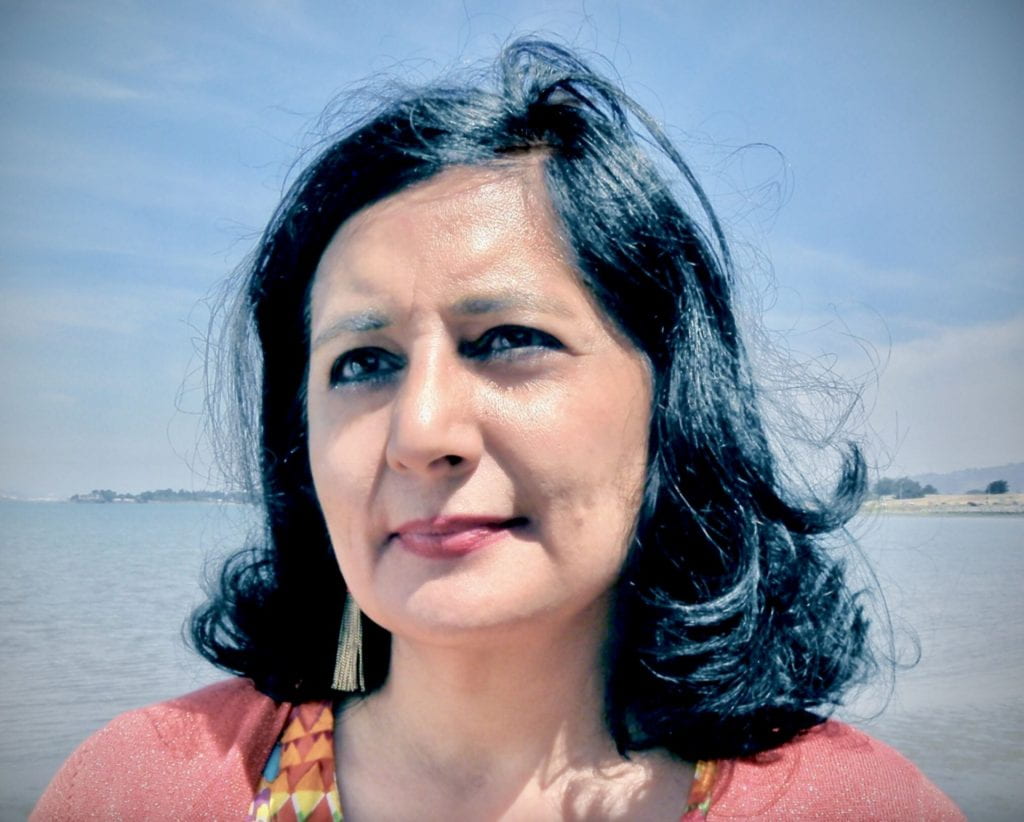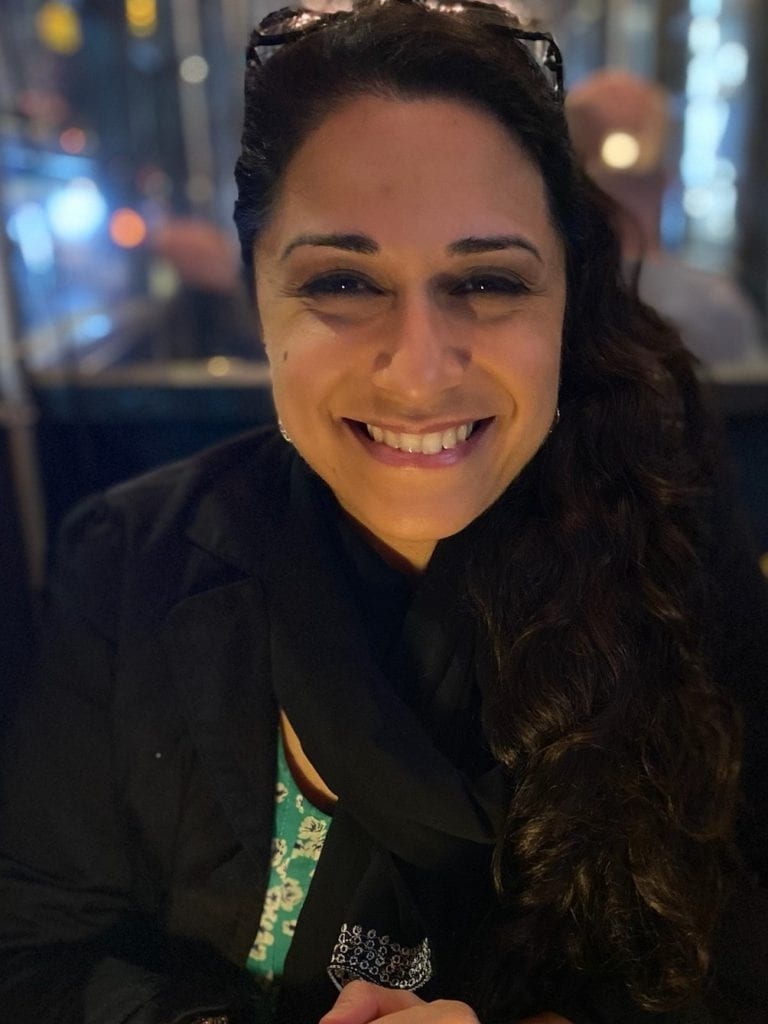Friday, May 27 EDT | 3:30–5:30 PM | Zoom Webinar
Register to attend: https://dartgo.org/TerrorAndEmpire
While the “forever war” gradually disappears from media headlines at home, the work of militarism, surveillance, sanctions, and border enforcement continue to expand US empire against “terror” abroad. Our interdisciplinary panel of scholars will contextualize the Global War on Terror (GWoT), including its long histories, continuities, and geographies while communing across disciplines of anthropology, ethnic studies, and gender and sexuality studies. Though focusing on a multidirectional “Asia/America” conversation, we also account for the global reaches of the War on Terror, which has included multinational military campaigns across the Middle East, South Asia, and Africa while expanding US policing, border, and carceral technologies domestically and hemispherically in relation to the Americas. Our panelists will center gendered-racial issues of militarism, empire, and displacement, as well as discuss their research on transnational social movements against the War on Terror.
Panelists Sunaina Maira (University of California, Davis), Madiha Tahir (Arizona State University), and Helena Zeweri (University of Virginia) will be joining Dartmouth College’s Najwa Mayer (Women’s, Gender, and Sexuality Studies) and Elizabeth Lhost (History) for this webinar discussion.
About the panelists:

Sunaina Maira
Sunaina Maira is Professor of Asian American Studies, and affiliated with the Middle East/South Asia Studies program and the Cultural Studies Graduate Group at the University of California, Davis. Her research and teaching focus on Asian, Arab, and Muslim American youth culture, migrant rights and refugee organizing, and transnational movements challenging militarization, imperialism, and settler colonialism. Maira was a Mellon/ACLS Scholars and Society Fellow for 2019-20 and has been doing transnational research project focuses on Arab refugees and immigrants in the Bay Area and in Athens, Greece.
Her new community-engaged project is focused on Yemeni Americans in Oakland and the impact of the pandemic, the Muslim Bans, and the war in Yemen. Her ethnographic research highlights the experiences of Yemeni corner store owners and their families who were essential workers on the frontlines of the pandemic. In partnership with the StoryCenter, she has produced digital stories with Yemeni and Arab Americans in the Bay Area that highlight alternative narratives and underdiscussed stories about the Covid “crisis,” the humanitarian disaster in Yemen, the War on Terror, Islamophobia, and community organizing. She is the author of five monographs, including The 9/11 Generation: Youth, Rights, and Solidarity in the War on Terror and Boycott!: The Academy and Justice for Palestine. Her work on South Asian and Muslim American youth includes Desis in the House: Indian American Youth Culture in New York City and Missing: Youth, Citizenship, and Empire After 9/11. She published a book based on ethnographic research in Palestine, Jil [Generation] Oslo: Palestinian Hip Hop, Youth Culture, and the Youth Movement. Maira co-edited (with Piya Chatterjee) The Imperial University: Academic Repression and Scholarly Dissent which has been much discussed in critical university studies. She also co-edited Contours of the Heart: South Asians Map North America, which won the American Book Award in 1997, and Youthscapes: The Popular, the National, and the Global. Maira launched a new section on West Asian American Studies in the Association for Asian American Studies and coedited a special issue of the Journal of Asian American Studies on Asian/Arab American studies.

Madiha Tahir
Madiha Tahir is a Mellon Postdoctoral Research Fellow at the Center for Imagination in the Borderlands at Arizona State University. She is an incoming Postdoctoral Associate (2022) and Assistant Professor (2023) of Critical Information Studies at Yale. Her current book project, Things Fall Out of the Sky, explores drone and digital warfare and transnational militarism in the Pakistan-Afghanistan borderlands. She is also pursuing a collaborative, multimodal project on the afterlives of the ‘war on terror’ funded by Columbia University’s Brown Institute for Media Innovation. A former journalist, Tahir is the director of the short documentary film, Wounds of Waziristan, the cofounder of the bilingual, online journal Tanqeed with Mahvish Ahmad, and the co-editor of Dispatches from Pakistan (University of Minnesota Press), a volume of essays on timely issues spearheaded by Vijay Prashad.

Helena Zeweri
Helena Zeweri is currently Assistant Professor of Global Studies (General Faculty) and Affiliate Faculty in the Department of Women, Gender, and Sexuality Studies at the University of Virginia. She is a cultural anthropologist who specializes in global migration, immigrant-led political activism, and settler colonialism, with a focus on Australia, the US, and the global Afghan diaspora. This summer, Helena will be stepping into the role of Assistant Professor of Anthropology with a specialty in migration at the University of British Columbia-Vancouver. Helena received her PhD in Anthropology from Rice University and MAs in Near Eastern Studies from NYU and Anthropology from The New School. Helena’s current research project focuses on the intersection of empire and diasporic political activism in relation to the global Afghan diaspora since the War on Terror.
Her previous research, around which she is currently writing a book, is an ethnographic study of the logics of care and criminality within migrant-targeted social welfare in Australia. Helena’s research has been published in Ethnos, Feminist Formations, The Australian Journal of Social Issues, and the International Feminist Journal of Politics, as well as media outlets such as The Washington Post, MERIP, and The Conversation. Helena is also a member of the Afghan American Artists and Writers Association which organizes public education events and exhibits on Afghan diasporic art, activism, and literature.
This event is convened in collaboration with the Asia/America Working Group and the South Asian Studies Collective at Dartmouth College.
We thank the Consortium of Studies in Race, Migration, and Sexuality, the Dartmouth Society of Fellows, the Leslie Center for the Humanities, the Women’s, Gender, and Sexuality Studies Program, and the Dartmouth Asian American Studies Collective for sponsoring the event.
Comments are closed.